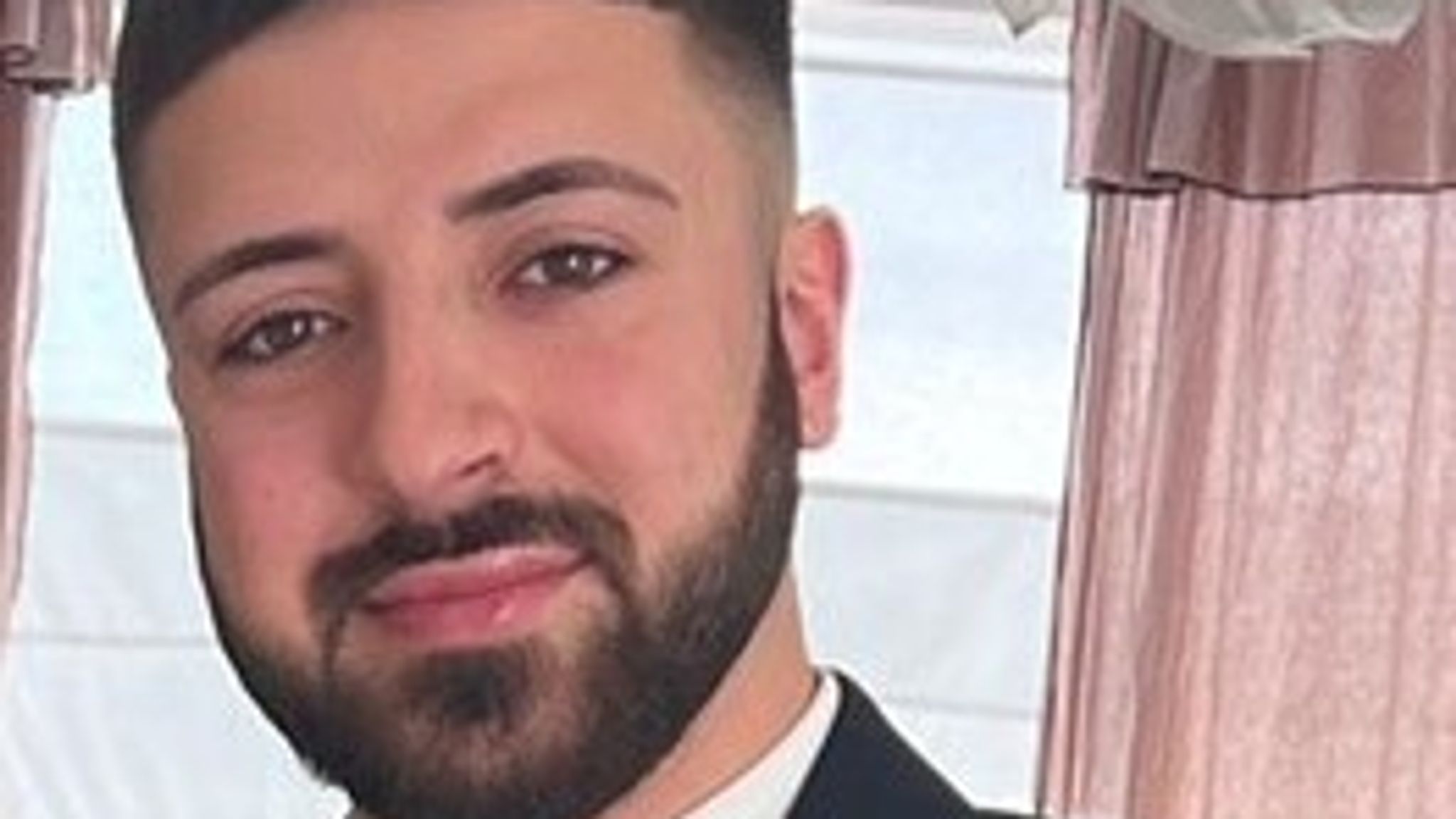Police were called to a detached house in northern Bushey, near Watford, shortly before 7 pm on Tuesday, July 9, 2024. Upon arrival, along with ambulance staff, they discovered three women with “serious injuries.” According to Hertfordshire Constabulary, “Sadly, despite their best efforts, the women, who are believed to be related, died a short time later at the scene.”
Three women killed in crossbow attack were wife and daughters of BBC racing commentator John Hunt. Mother Carol, 61, and daughters Louise, 25, and Hannah, 28, were found fatally injured at their home. Policed sources said the three women were tied up before being shot in a “targeted attack” that may have also included other weapons.
Sky News reported on this story earlier and the inclusion of favourable comments about suspects in news reports of violent crimes often feels insensitive and misplaced. It is time for a shift in focus – from the sensational aspects of the accused to the lives and legacies of the victims, and the societal issues that underpin such murders. This approach not only respects the victims and their families but also contributes to a more meaningful and constructive public dialogue.
The recent tragic news of three women being brutally murdered has shaken the community of Bushey, Hertfordshire. As the manhunt for the suspect, 26-year-old Kyle Clifford, unfolds, a common and controversial journalistic practice has once again come to the forefront: gathering and publishing comments from people who hardly know the accused that paint them in a seemingly favourable light. This practice not only feels insensitive to the victims’ families but also raises questions about the ethics and priorities in crime reporting.
In this case, a woman who grew up with Clifford in Enfield described him as “pretty normal” and a “nice guy.” She reminisced about attending the same parties and never noticing anything odd or aggressive about him. Another local resident echoed similar sentiments, describing Clifford as popular among local families and retirees. These comments are not uncommon in news reports about violent crimes, but they often provoke significant backlash.
Why do journalists insist on including such comments?
Focusing on the suspect’s “normalcy” or popularity does little to aid the investigation or bring comfort to the victims’ families. Instead, it softens the horrendous crime and you wonder why people are becoming more and more desensitised to these murders. We all should be HORRIFIED! These stupid questions to strangers at the expense of the victims’ dignity and their families, has to be stopped. This practice diverts attention away from the true horrors of the crime and the impact on the victims’ lives.
Rather than delving into the character of the alleged perpetrator, it would be more respectful and meaningful to focus on the victims. These women were not just statistics, they had lives, hopes, and dreams. Reporting on who they were, their contributions to the community, and the void left by their untimely deaths could provide a more compassionate and humanising angle to the story. It allows the families of these victims to remember them for their lives rather than their tragic end and reading in print what a “normal guy” he allegedly was, softening his criminality.
The media could use their platform to address broader issues related to the crime. For instance, instead of probing into the suspect’s past, journalists could question authorities about measures being taken to address violence against women. Such an approach not only honours the victims but also contributes to a critical public discourse that could drive policy changes and preventive measures.
The case of Kyle Clifford also brings to light the pressing issue of weapon regulations, particularly concerning crossbows. The police suspect that a crossbow was used in the attack, highlighting a legislative gap. Despite the Crossbow Act of 1987, which restricts their use, the ease of acquiring such weapons has been linked to several violent incidents. The Home Office’s recent call for evidence on further legislation highlights the need for stricter controls. Journalists have the power to spotlight such legislative inadequacies and advocate for stronger regulations, potentially preventing future tragedies.
There is a societal responsibility to support the families affected by such violence. Media coverage should be sensitive to their trauma and avoid unnecessary distress. Publicising the virtues of the accused can exacerbate the pain for grieving families, making them feel that their loved ones’ deaths are being overshadowed by an undue focus on the suspect.
Journalists must balance the public’s right to information with a duty of care towards those affected by their reporting. Journalism involves making thoughtful choices about the stories we tell and the way we tell them. By prioritising the victims’ stories, questioning relevant authorities about systemic issues, and advocating for policy changes, the media can play a crucial role in fostering a more informed and compassionate society.
If you are experiencing coercive control, domestic abuse or domestic violence, or any form of gender based violence and abuse, please reach out to Women’s Aid or call 1800 341 900.
Call An Garda Siochana website HERE or call 999 / 112.
Everyone deserves to feel safe.







